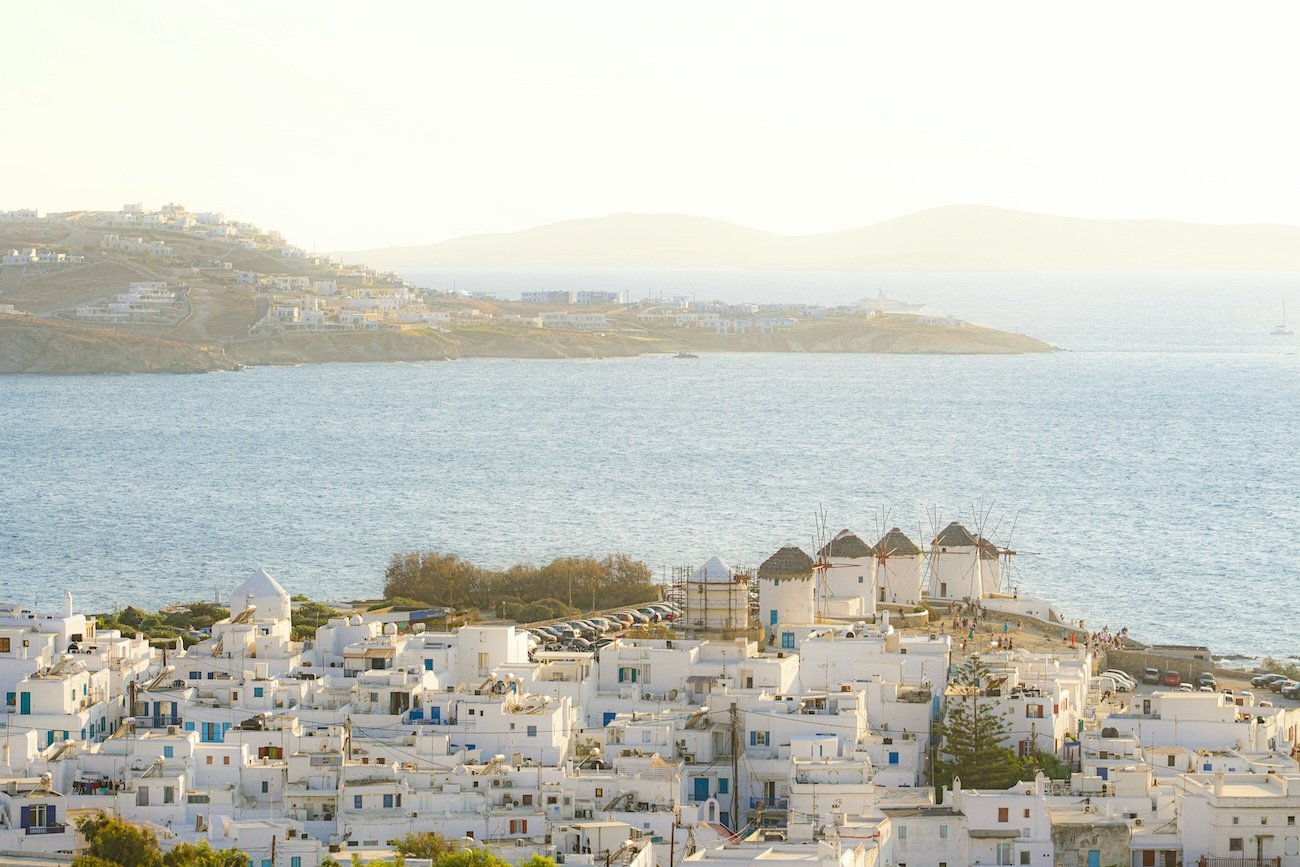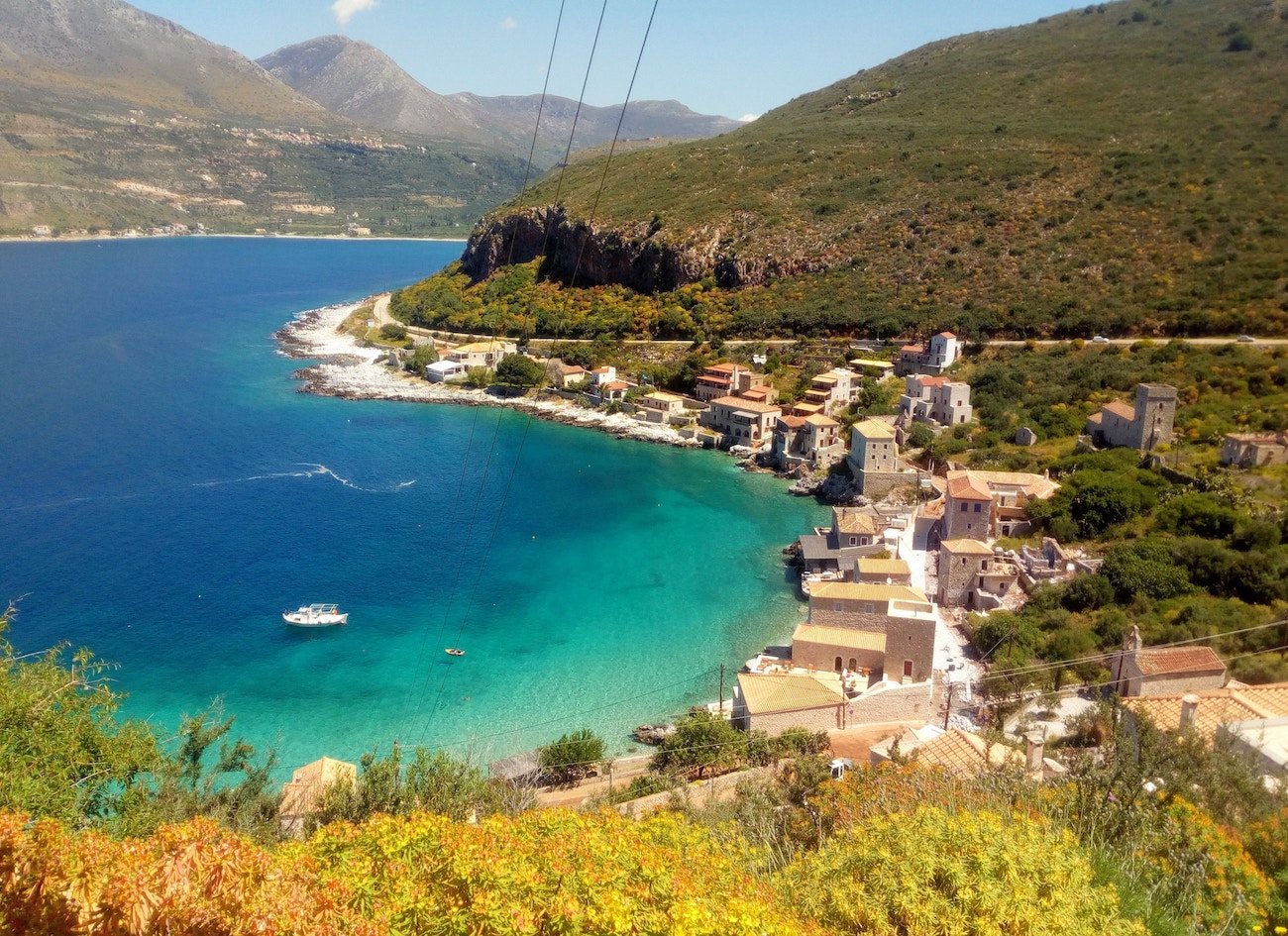Greece is among the world’s leading countries when it comes to the integration of Renewable Energy Sources (RES) in electricity generation. This was highlighted by the President and CEO of IPTO (Independent Power Transmission Operator), Mr. Manos Manousakis, during his speech at the International Forum on Power System Transformation 2025, held in Beijing.
Growth of Renewable Energy in Greece
In a discussion with the heads of operators, producers, and technology companies, Mr. Manousakis noted that over the last eight years, Greece’s energy mix has changed a lot. The country’s performance in renewable energy is now being recognized at an international level, with RES (photovoltaic and wind energy) meeting 50% of electricity demand, up from just around 20% in 2017. Looking ahead, Greece aims to increase this figure to 80% by 2030.
IPTO’s Contribution to Green Transition
Mr. Manousakis also spoke about IPTO’s contribution to accelerating the country’s green transition. Since 2017, IPTO has invested €3.1 billion in developing crucial energy infrastructure, which helps make room for the integration of even more RES. One of the most important initiatives has been the interconnection of the island and mainland electricity grids. This project has made significant progress, with eight subsea interconnections already successfully implemented. Further investments are planned, forming part of a €6.3 billion, 10-year program for the development of Greece’s electricity transmission system. These projects are key in expanding the electricity network and accommodating the growing share of renewable energy.
International Interconnections and Greece’s Strategic Position
Mr. Manousakis also discussed several international interconnections currently being planned or under development by IPTO, in cooperation with neighboring operators. These include projects such as the Greece-Cyprus-Israel Great Sea Interconnector, Greece-Italy GRITA 2, Greece-Saudi Arabia Interconnection, and the Greece-Germany Green Aegean Interconnector. He also mentioned the Greece-Egypt GREGY interconnection, which is being developed by the Kotelouzos Group, and IPTO is considering investment participation in this project.
These interconnections play a crucial role in improving the energy resilience and diversification of Europe, thanks to Greece’s excellent renewable energy potential and its geostrategic position. The interconnections will not only help expand Greece’s influence in the European energy market but also contribute to the stability and security of electricity systems as the share of RES continues to grow.
Challenges with Renewable Energy Integration
While the rise of renewable energy is positive for reducing emissions and promoting a sustainable future, it also brings challenges. Mr. Manousakis addressed the issue of grid stability in the context of the Iberian Peninsula blackout, which highlighted the complexities that come with the rapid penetration of clean energy. With growing levels of renewable generation, there is an increasing need for efficient and smart management to maintain system stability.
To address these challenges, Mr. Manousakis noted the importance of efficiently managing renewable energy production, especially in a way that can balance the variability of solar and wind energy. This is crucial for avoiding similar incidents and ensuring the long-term stability of the grid.

Introducing Artificial Intelligence in Energy Management
In response to these challenges, IPTO is working toward the creation of a Digital Power System Maintenance Control Centre. This center, which will operate 24/7, will analyze data in real-time and make decisions using Artificial Intelligence (AI) to prevent faults and repair them efficiently. By utilizing AI, IPTO aims to improve the overall reliability of the power system and ensure a smooth integration of more renewable energy sources.
Conclusion
Greece is leading the way in integrating renewable energy into its grid, with ambitious goals for the future. The efforts of IPTO, along with international interconnections and the innovative use of technology, will play a vital role in making Greece’s energy future greener, more sustainable, and more secure. As the world continues its energy transition, Greece’s proactive approach and strategic investments position it as a key player in shaping the future of European energy systems.
Sources:
https://www.terna.it/en/projects/public-engagement/italy-greece-grita-2
https://www.admie.gr/en/i-etaireia/omilos-admie/great-sea-interconnector


































